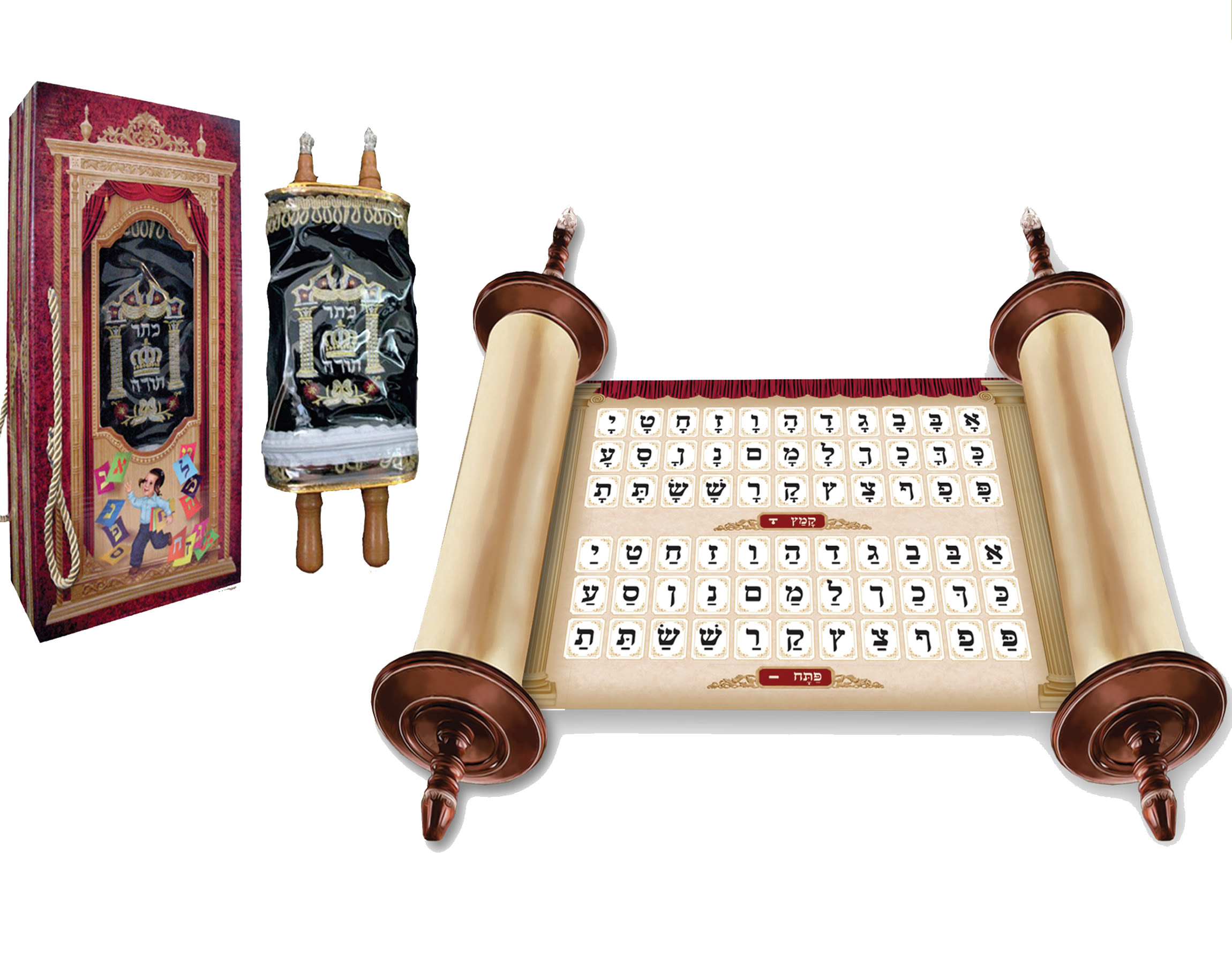
The Tranquility Self-Test
How well do you think you know yourself? Are you tempestuous, calm, or somewhere in between? Here’s a unique opportunity to find out, with this self-test...

Would you like to know whether you’re a calm person or not? First of all, on a scale of zero (total anger and turbulence) to one hundred (absolute inner peace), give yourself a rating of that reflects where you think you are on the scale, write it on a piece of paper, and put it aside until after the test.. Then, answer the following ten questions as candidly as you can. In order to get an accurate picture of yourself, you must be truthful about circling the answer that best describes how you feel. At the end of the test, you’ll learn how to compute the results. Use the test as a self-help growth experience. Good luck!
Question #1: Your neighbor’s son throws a baseball right through your picture window in the living room. The boy lies to his parents, and denies responsibility for your shattered $500 window. The parents refuse to reimburse you for the damages. What do you do?
1. Call the police, report the damage, and file a complaint.
2. Call your lawyer, and threaten the neighbor with a suit.
3. Sever all future ties with the neighbor, and forbid your children from playing wit the neighbor’s son.
4. Write the neighbors a conciliatory letter, explaining how you feel, and fix the window at your own expense to avoid an argument.
5. Chalk up the damage as expiation from heaven for something much worse.
Question #2: You and your best friend are dining at a Chinese restaurant. You’re wearing a new and expensive outfit. The waiter spills egg foo yong with brown sauce right in your lap. He profusely begs his forgiveness. What do you do?
1. Demand to speak to the owner immediately, protest the waiter’s negligence, and demand full monetary damages.
2. Reprimand the waiter, demand cleaning expenses, get up and leave the restaurant without paying for what you already ate.
3. Accept the waiter’s apology, and make a deal – dinner on the house in lieu of cleaning expenses.
4. Accept the waiter’s apology and continue with dinner as if nothing had happened.
5. Calm the waiter down, tell him not to worry, you know it was only an accident.
Question #3: You are the head design engineer for a major automobile manufacturer. You design a fabulous new car that becomes an international sensation, and generates a billion dollars in export revenue. Your company receives a Presidential citation, and the Chairman of the Board plans to go to the White House without taking you. How do you react?
1. Put out a feeler to the company’s arch competitor, and let them know I’m open for an offer.
2. Lodge my complaint with a key member of the board, an outspoken opponent of the chairman.
3. Do nothing – I’m an engineer, not a politician.
4. Congratulate the Chairman of the Board on the upcoming honor.
5. Offer to drive the Chairman of the Board to the airport.
Question #4: You’re the quality control supervisor of a garment factory. One of the seamstresses, a widow with a crippled child, has been responsible for the same flaw all day long. You sent the morning’s production back for a rework, and urged the widow to be more attentive to her work. The plant manager is furious, and demands that you reveal who’s responsible. If you don’t, he’s liable to fire you. What to you do?
1. I can’t sacrifice my job, and I’m only telling the truth, so I tell the plant manager who’s responsible.
2. I protest to the plant manager, and say, “How do you expect me to squeal on a widow with a crippled child?”
3. I try to change the subject, and if nothing else happens, tell the plant manager that I’m not certain who’s responsible.
4. Refuse to reveal the widow, despite the fact that I’m liable to be fired.
5. Take responsibility for the flaw myself, I really should have caught it earlier, and then could have prevented the entire rework.
Question #5: You’re a passionate football fan, and this year, your favorite team made the Super bowl finals. The game is exciting, intense, and your team is leading by a mere three points. Your seventh-grade daughter is crying in the background; she doesn’t understand her algebra homework. Your spouse was terrible in algebra, and sends the daughter to you. What do you do?
1. Ignore her; she should learn sensitivity, how important the game is to you.
2. Tell her to call one of her girlfriends that understands the homework.
3. Promise that you’ll help her right after the game.
4. Sit her down next to you, with one eye on the algebra and the other eye on the game.
5. Turn off the TV, and devote your entire attention to your daughter.
Question #6: You and your spouse are both doctors, and have a successful medical clinic. Your eighteen-year-old son has just graduated high school at the top of his class. He’s been accepted to pre-med at your alma mater, and you’re thrilled. You’ve been savoring the dream that in a few short years, your pride and joy will become a doctor, and join his parents’ clinic. Two weeks before the beginning of fall semester, he sheepishly asks to speak with you. He confesses that he doesn’t want to be a doctor, and that he yearns to learn theology. Without your knowing, he applied to a small theological seminary and has been accepted. How do you react?
1. You are very hurt that he made such a step behind your back, and you berate him for it.
2. You ask him, “Is that the way a future theology major behaves, like a thief in the dark?”
3. You and your spouse take him to his favorite restaurant to discuss the matter in detail, explaining to him that doctors make more money than theologians.
4. You reassure your son of your love and your democratic spirit, and wish him success in the path he chose for himself.
5. You and your spouse take him to his favorite restaurant for a celebration, and to hear the whole story of how he arrived at his decision.
Question #7: You’ve had a rough day at the office, and your head feels like two hardhats are working inside your skull with jackhammers. You flag a cab, and now you’re caught in a rush-hour traffic jam. The driver is trying his best to be cordial, but you don’t feel like talking. What do you do?
1. Close your eyes, and ask the driver to wake you up when he arrives at your address.
2. Explain your situation to the driver, close your eyes, and ask him to wake you up when he arrives at your address.
3. Ask the driver what he does for a headache.
4. Lean back in the seat, close your eyes, ask the driver’s opinion about the economy, and let him know that you’re listening to him.
5. Lean back in the seat, close your eyes, ask the driver about himself, and let him know that you’re listening to him.
Question #8: At breakfast, you mention to your spouse how terrible the car looks, and that it needs a good wash. You take the subway to work, and when you come home that evening, the car looks like a zebra. Your nine-year-old son overheard your comment at breakfast, and took the initiative to wash the car. He used a corrosive detergent, which left streaks all over the finish of your car. The car will need a new $800 paint job. How do you react?
1. You explain to him patiently the dangers of using harsh detergents without parental supervision, and in addition to the damage to the car’s finish, he could have suffered from chemical burns.
2. You thank him for his initiative, but explain the damage that he’s done.
3. You thank him for his initiative, and tell him that next time, you prefer to take the car to a carwash.
4. You hug him and thank him for his initiative, and then take the car to be painted without his knowledge.
5. You hug him and thank him for his initiative, and leave the car with its present streaks, because every time you look at it, it reminds you of the wonderful child you have.
Question #9: You’re traveling in a foreign country with a tour group. You’ve been looking forward to bargain hunting at the famous outdoor market. Your guide doesn’t like the idea; he warns you that the market is full of questionable types who are liable to take advantage of tourists. Instead, the guide has planned a day of museum and gallery visits. What do you do?
1. Inform the guide that this is not your first trip overseas, that you’ve paid top dollar for this tour, and that you insist on visiting the market.
2. Ask the guide if he’ll let you have a day on your own, and if he can suggest a reliable local that can escort you to the market.
3. Ask the guide to suggest an alternate place for souvenir hunting.
4. Remain with the group and visit the museums.
5. Make sure you have an adequate supply of camera film and batteries, and make a special effort to get the most out of the day at the galleries and museums.
Question #10: You and your spouse both work outside the home. You have an agreement that whoever gets home first starts preparing dinner. You arrive home, and find your spouse in the kitchen in a lousy mood. Nothing has been prepared. Your spouse says that he/she doesn’t feel like eating. To avoid an argument, you prepare yourself a bowl of cornflakes. Once you’ve finished eating, you find your spouse elaborately preparing for him/herself a pizza. What do you think?
1. You’re blown away by such selfishness; for you, he/she doesn’t feel like preparing, but for him/herself, they’re preparing a banquet!
2. You try your best not to say anything, to avoid the threat of impending conflict, but you’re upset and slighted by your spouse’s behavior.
3. You say as gently as you can that you’re affronted by what you see, and ask for an explanation.
4. You don’t understand what’s going on, but you adopt a stoic attitude that many things in this world are incomprehensible, so you roll with the punch of your spouse’s behavior.
5. You say to yourself that your spouse must be trying to console him/herself with pizza, their favorite food, and you feel sorrow for their anguish.
Print out a few copies of the test, and pass it on to friends and family. Have fun and a lovely week!
How to calculate the results of your Tranquility self-assessment test:
Here’s the moment you’ve been waiting for: Follow these simple instructions, and you’ll be able to calculate the results of your tranquility self-assessment test.
First, list your answers to the ten questions, as in the following example:
Your Answers (example): 2, 2, 3, 4, 5, 1, 4, 3, 4, 5
Make sure you have ten numbers.
Make sure you have ten numbers.
Second, add up the ten numbers. For example, the above ten numbers give us a sum of 33.
Third, multiply the sum of your answers by two. As in the above example, 33×2=66. This is your score on the turbulence-tranquility continuum, zero being complete turbulence and 100 being total tranquility.
Fourth, see how you rate on the following Table:
Score:
20 – 36 Dangerously high turbulence; there’s a war going on inside you.
37 – 52 Your life has some very rough edges that need smoothing.
53 – 68 Middle of the road; some days are better than others.
69 – 84 You’re a calm person who’s easy to get along with.
85 – 100 You’re cool under crisis, and have real inner peace.
37 – 52 Your life has some very rough edges that need smoothing.
53 – 68 Middle of the road; some days are better than others.
69 – 84 You’re a calm person who’s easy to get along with.
85 – 100 You’re cool under crisis, and have real inner peace.
Fifth, compare how you scored on the actual test with your pre-test estimation of yourself. The smaller the difference between the two values, the better you know yourself, as follows:
Difference Between your pre-test estimation of yourself and your actual score:
5 points or less – superb self awareness
6 – 10 points – very good self awareness
11 – 20 points – average self awareness
21 – 30 points – poor self awareness
31 points or more – out of touch with yourself












Tell us what you think!
Thank you for your comment!
It will be published after approval by the Editor.